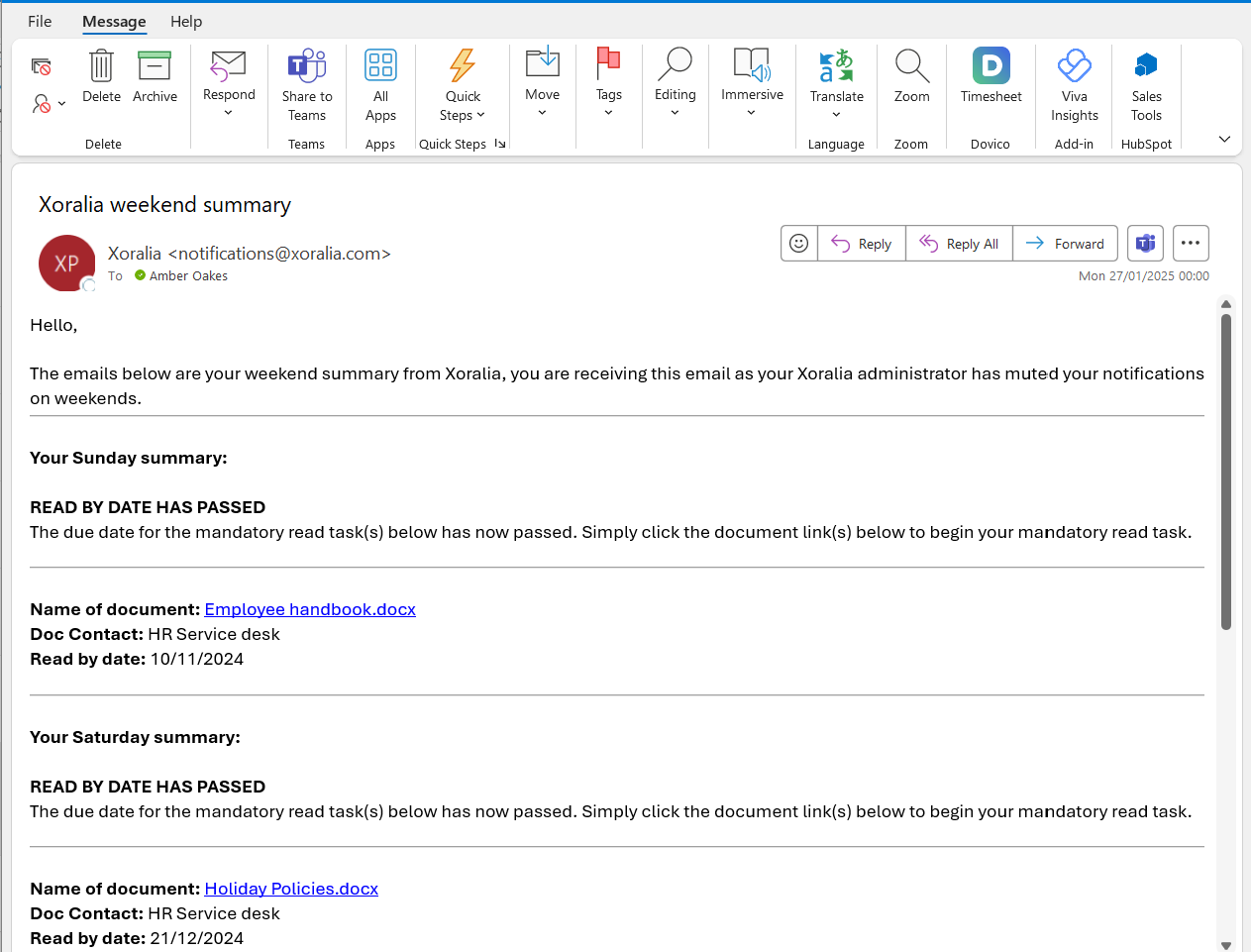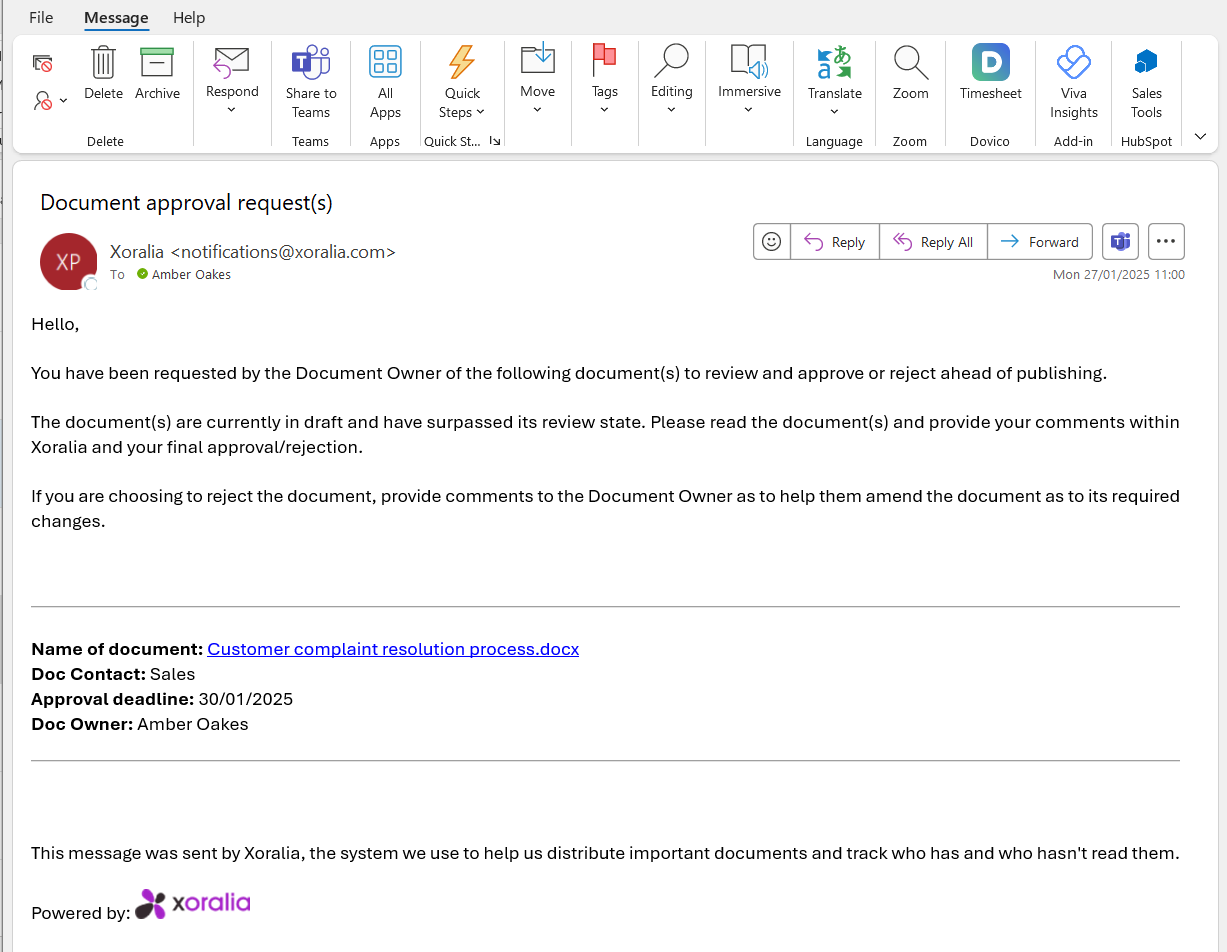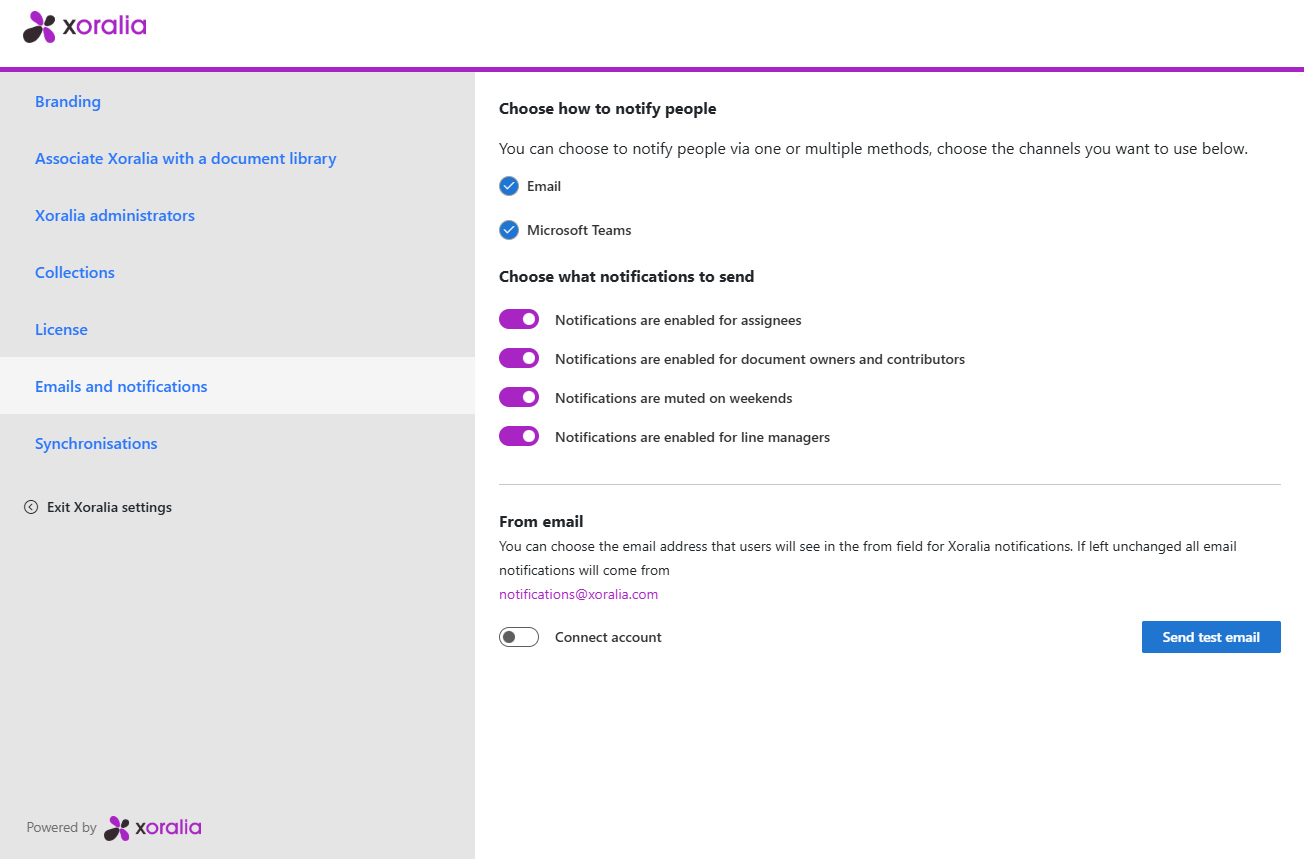Document lifecycle
Security resilience
Assigning mandatory reads
Documents & tags
Assigning mandatory reads
How to block file downloads in SharePoint Online at a site level
“View Only” permissions in SharePoint online allows users to view document content while restricting the possibility of downloading documents from the site. If the permission level is not visible, this is because of the “SharePoint Server Enterprise Site Collection” feature is not active.
To activate “SharePoint Server Enterprise Site Collection features”
- Site settings > Site collection features
- Select “activate”

Permissions > Permission Level
After activating the Server Enterprise feature, the “View Only” permission should now be available.
- Site settings
- Site permissions
- Permissions Levels

Create a new permission group
- Site settings > People and groups
- Click on “More” from the left menu
- Click on “New”. Provide it with a name. For example, “View Only members”
- Select “View Only” as permission level

Assign members to the newly create group
- Site settings > Site permissions
- Select the newly create group “View Only members”
- New > Add users to this group
Notes: If the user is part of a different group with higher permission level. The higher group permission will take priority

Download option no longer available
- Site contents
- Select the document within the document library
- Click on the three dots (ellipsis)
- The download option should no longer be available for the users added to the custom group created

How to print a document
Firstly, its worth mentioning that only Microsoft Word documents within SharePoint can be printed by the document reader from Xoralia. PDF’s are not printable from the Xoralia interface.

Many might think having policies and such regulated documentation as Microsoft Word documents might not be secure. However, with the right SharePoint document library permissions, word documents are just as secure as PDFs.

By limiting the permissions available to the general user, they will no longer be able to download documents from Xoralia nor download the documents from SharePoint.
It is also worth mentioning that SharePoint’s version control is very powerful. Even after removing access to download or edit documents to the general user, even if a more senior user with the edit access were to amend the document or its metadata, this can always be tracked using SharePoint’s version history feature.

However, if you are not familiar with SharePoint permissions and do not want any risk of editing or downloads from the live library the main advantage of having critical documents as PDFs, are that it provides more control in that no-one, even the M365 administrator will be able to edit the document. Although there are tools online that allow for the conversion of PDF documents to Microsoft Word documents if the user were to download the PDF directly from SharePoint.

For a greater understanding and assistance on SharePoint permissions, Content Formula can provide consultancy during a Xoralia implementation on this topic with our enhanced implementation package.

















